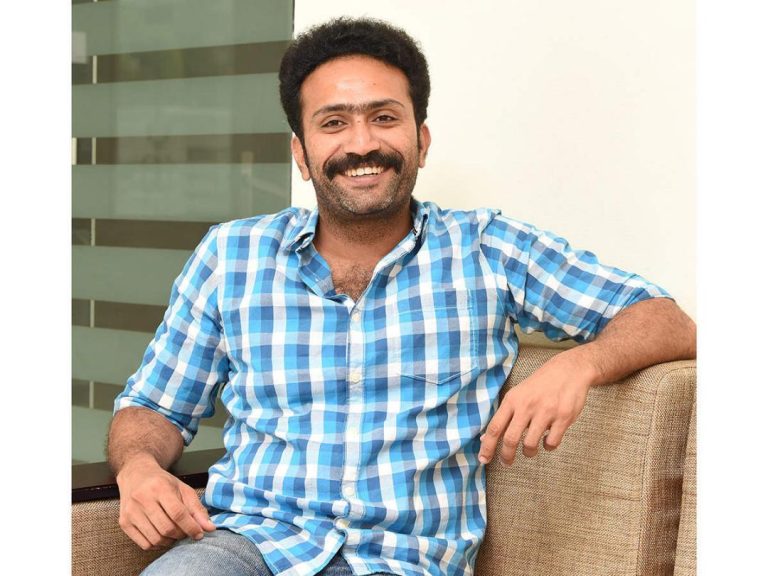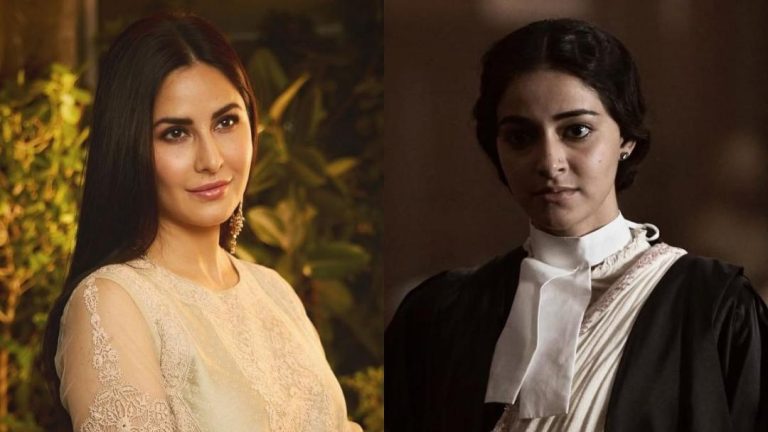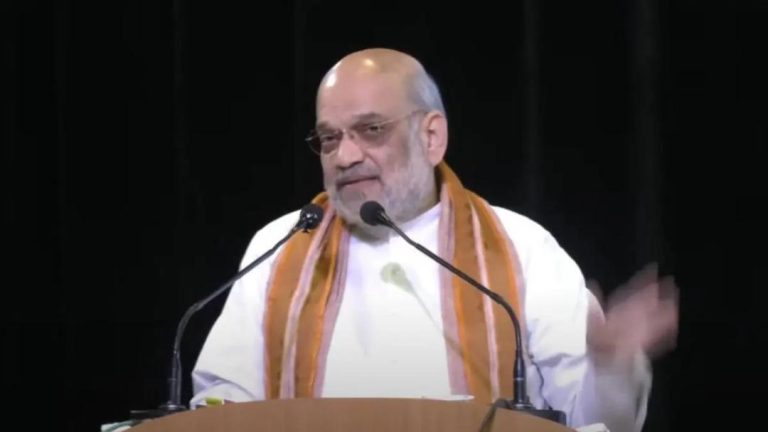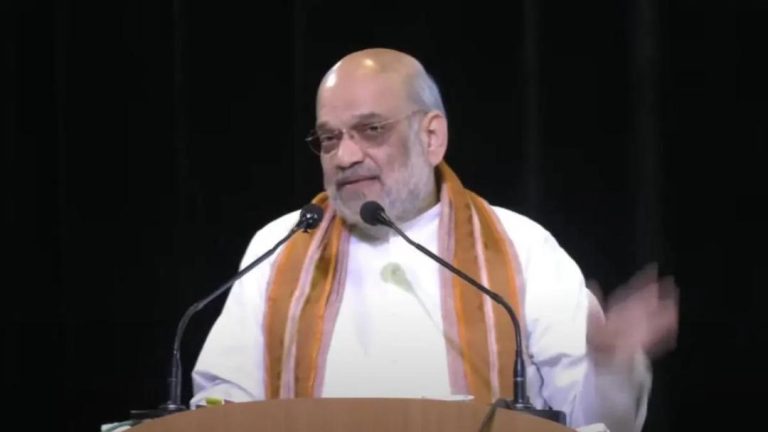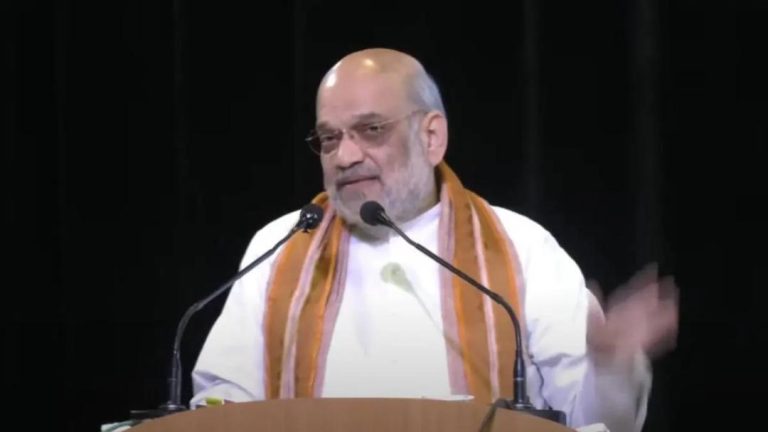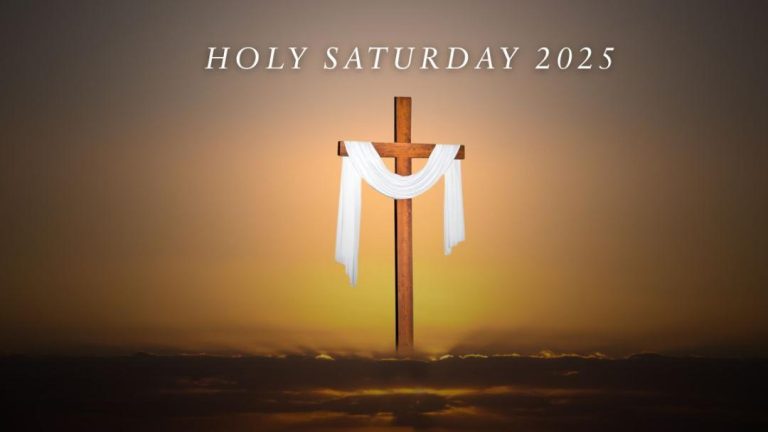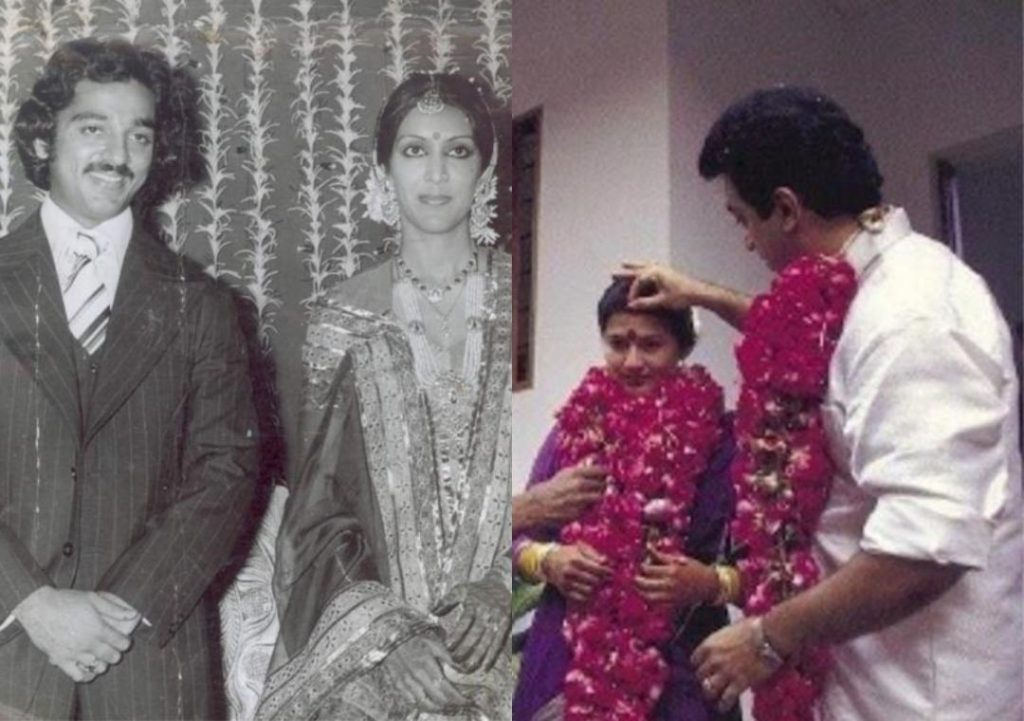
I Follow King Dasharatha: Kamal Haasan on Why He Married Twice Despite Being Brahmin
Kamal Haasan, the renowned Indian actor, has never been one to shy away from controversy. His latest statement on why he married twice despite coming from a good Brahmin family has sparked a lot of debate and discussion. In an interview with journalist and MP John Brittas, Kamal Haasan recalled saying that he doesn’t follow Lord Ram’s path, but instead, he follows his father King Dasharatha’s path.
For those who may not be aware, King Dasharatha was the king of Ayodhya and the father of Lord Ram. He had three wives – Kaushalya, Sumitra, and Kaikeyi. According to Hindu mythology, King Dasharatha’s wives were married to him by his brother, Kausalya’s brother, Rishyasringa.
When asked by Brittas why he married twice despite being from a good Brahmin family, Kamal Haasan replied, “What does family’s reputation have to do with marriage?” He went on to say that he doesn’t follow the path of Lord Ram, who, according to Hindu mythology, was forced to abandon his wife, Sita, due to societal pressures.
Kamal Haasan’s statement has sparked a lot of debate and discussion, with many people questioning why he would choose to follow his father’s path instead of Lord Ram’s. However, when you think about it, Kamal Haasan’s statement makes a lot of sense.
In Hindu mythology, King Dasharatha is often portrayed as a just and fair ruler who valued his wives and children equally. He was not influenced by societal pressures and expectations, and he made his own decisions based on what he thought was right. On the other hand, Lord Ram is often portrayed as a virtuous and righteous king who was forced to abandon his wife due to societal pressures.
Kamal Haasan’s decision to marry twice despite being from a good Brahmin family shows that he is willing to break away from societal expectations and follow his own path. He is not afraid to challenge traditional norms and values, and he is willing to take risks to do what he thinks is right.
It’s also worth noting that Kamal Haasan’s decision to marry twice is not unique to him. Many people, regardless of their religious or cultural background, choose to marry twice. In fact, according to a report by the National Family Health Survey (NFHS) 2015-16, 17.1% of men and 14.4% of women in India are married to their second spouse.
Kamal Haasan’s statement also highlights the importance of individual freedom and choice. In a society where arranged marriages are still common, Kamal Haasan’s decision to marry twice shows that he values his own freedom and autonomy. He is not bound by societal expectations or pressures, and he is willing to take risks to do what he thinks is right.
In conclusion, Kamal Haasan’s statement on why he married twice despite being from a good Brahmin family is a refreshing change from the traditional norms and values that are often expected of Brahmin men. His decision to follow his father’s path instead of Lord Ram’s shows that he is willing to challenge societal expectations and follow his own path. It’s a reminder that individual freedom and choice are important, and that people should be allowed to make their own decisions about their lives, regardless of their religious or cultural background.

